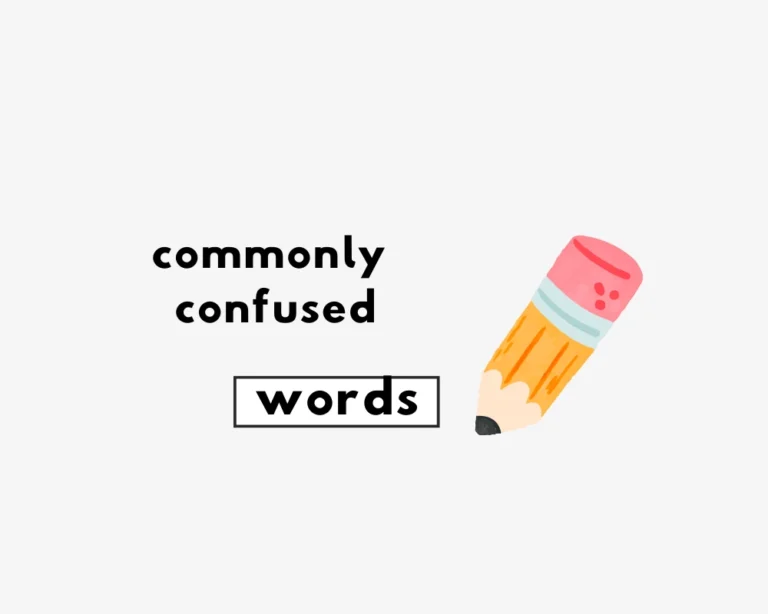Is “phenomenon” singular or plural?
As it often is the case in English, some words are more complicated than others; phenomenon (pronounced phe·nom·e·non) happens to be one of those cases where it’s not the most straightforward which is the correct plural/singular form to use.
A phenomenon, which is defined as a “a fact directly observed, a thing that appears or is perceived, an occurrence,” originally came from the Greek word, phainomenon “that which appears or is seen.” Most dictionaries list phenomena as the plural of phenomenon, some include phenomenons, though notably this is the Americanized/modern plural form.
Though phenomena, which is plural, has occasionally been used as a singular noun (according to both Merriam-Webster and Collin’s Dictionary), the general consensus seems to be that phenomena is in fact plural, and should be treated as such. Likewise, phenomenons is also an accepted plural of phenomenon; albeit not the original plural noun form (English language purists should stick to the original pl. n., phenomena).
What’s the definition of phenomenon?
A phenomena or phenomenon is defined in the dictionary as “an observable fact or event.” (Merriam-Webster, phenomenon.) Dictionary.com defines the word phenomenon as “a fact, occurrence, or circumstance observed or observable: to study the phenomena of nature.“
Irregular nouns that end in -on/-um or -a
Irregular nouns that end in -on/-um often convert to –a as a plural. This is a characteristic of Latin words (though phenomenon is originally of Greek origin).
| singular | plural |
|---|---|
| phenomenon | phenomena or phenomenons |
| criterion | criteria |
| bacterion | bacteria |
| medium | media |
| datum | data |
| spectrum | spectra or spectrums |
Practice using the verb in different tenses with example sentences to memorize the correct forms.
Examples of “phenomenon” in sentences
1. Gravity is a natural phenomenon.
2. For example, we talk more loudly in cars, because of a phenomenon known as the Lombard effect—the speaker involuntarily raises his voice to compensate for background noise. John Seabrook, New Yorker, 23 June 2008.
3. In the 1950s, rock-n-roll was considered a new cultural phenomenon, while today we think of crop circles as a mysterious phenomenon. (vocabulary.com, phenomenon.)
4. It’s not an exclusively underground phenomenon, either. E.R. Pulgar, Rolling Stone, 26 Sep. 2022
5. This follow-the-winemaker phenomenon is a unique wrinkle in our wine culture. James Laube, Wine Spectator, 15 May 2008.
Examples of “phenomena” in sentences
1. Studies have been done, in fact, in which experts in a given field have analyzed such random phenomena and come up with cogent “explanations” for the patterns. (Innumeracy: Mathematical Illiteracy and Its Consequences).
2. The two phenomena are known to each other.
3. Yet he could forget his learning too, baldly enjoying the phenomena produced.
4. Quantum mechanics, on the other hand, deals with phenomena on extremely small scales, such as a millionth of a millionth of an inch. (A Brief History of Time: And Other Essays.)
5. Glaciers are unique and interesting natural phenomena.
Synonyms for phenomenon/phenomena
- experience
- event
- happening
- reality
- circumstance
- appearance
- spectacle
Origin of the word phenomenon
From etymonline on phenomenon:
From Late Latin phænomenon, from Greek phainomenon “that which appears or is seen”.
Rome wasn’t built in a day, neither was English prose mastered overnight. Take time to keep learning, improve your writing, and have some fun while you’re at it!
What’s the difference between they’re, their, and there?
Worksheet
What is the plural of ‘i’?
What is the plural of ‘a’?
What is the plural of ‘i’?
Which is grammatically correct?
What makes a sentence grammatically correct?
Question 6: What is the main focus of this grammar content?
Question 7: Which is most important for proper grammar?
Question 8: Grammar rules help with:
Question 9: What is the main focus of this grammar content?
Question 10: Which is most important for proper grammar?
Which aspect is most important when learning grammar?
How can you improve your grammar skills?











